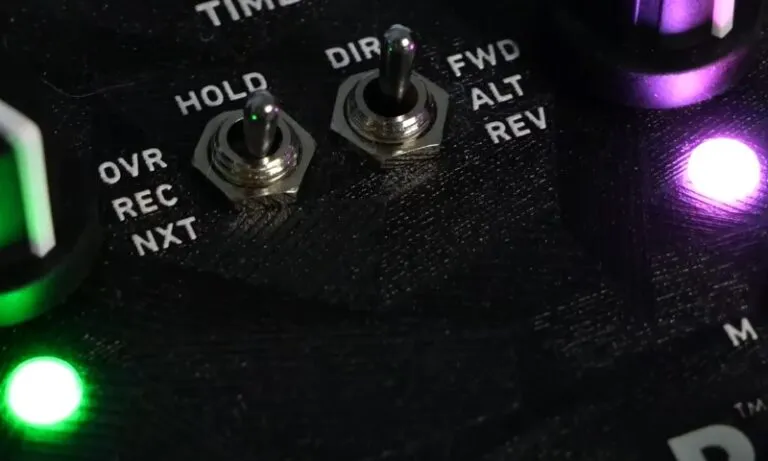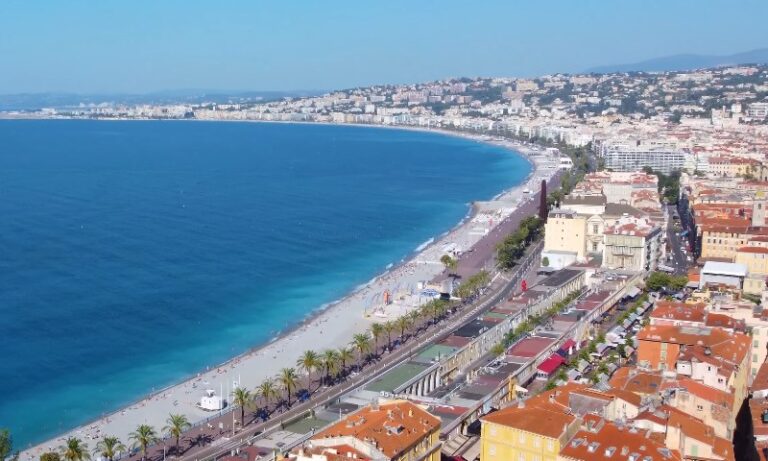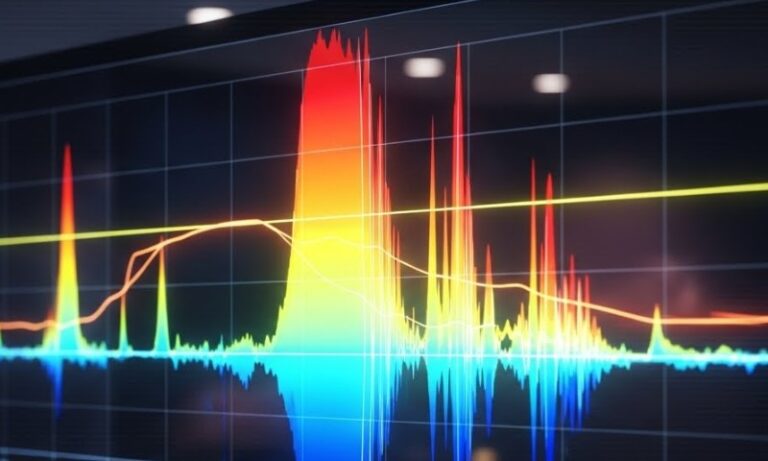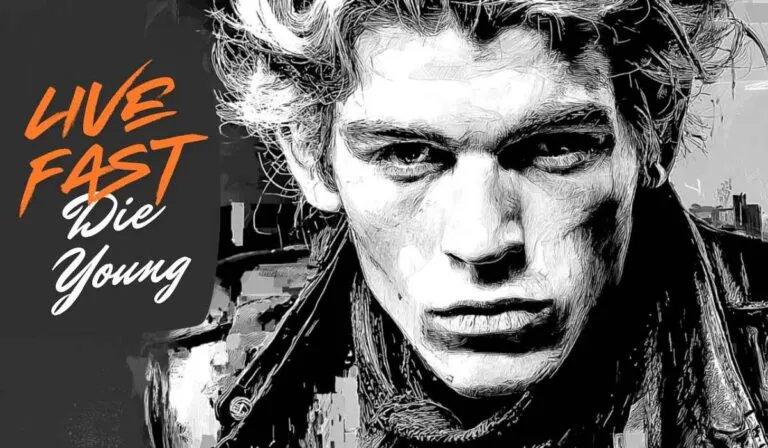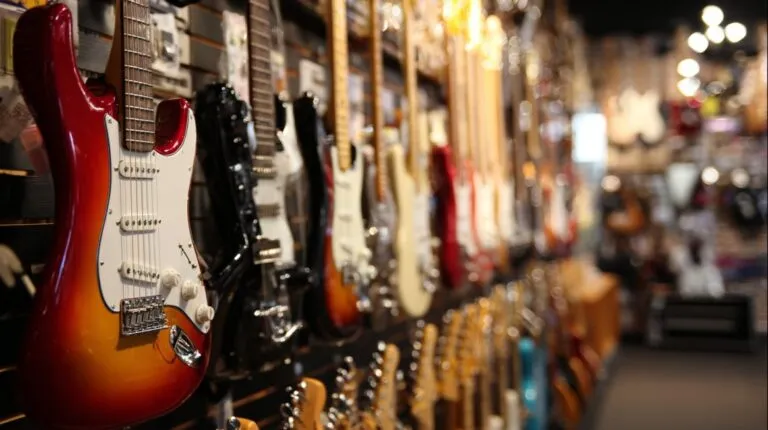In an oversaturated visual space, creating a standout music video is crucial for grabbing attention. A compelling concept can resonate more than a high-budget production.
- Performance-focused
- Story-driven
- Animated
- Abstract conceptual pieces
Each serves a different purpose and can enhance a song’s impact in its own way.
Table of Contents
ToggleLaying the Foundation – Developing Your Concept

A strong concept begins with a close listen. Every beat, every line, and every shift in tone reveals something.
Creative direction should respond to how the track feels. A song driven by heartbreak calls for vastly different visuals than one powered by defiance or euphoria.
When planning visuals, start with scriptwriting and storyboarding—even for DIY projects.
These tools bring clarity and focus. Sketching out key scenes avoids chaos during filming and creates a blueprint to follow during post-production.
- Key moments in the song that call for visual shifts or emphasis
- Rough scene sequence and their visual tone or atmosphere
- Shot types, transitions, and timing tied to lyrics or beats
Lyrics often provide specific imagery or ideas that can be visually translated. Some lines practically beg to be turned into on-screen moments.
Others might work better as abstract references. The choice between a literal or symbolic interpretation hinges on the desired emotional effect.
Ideal for narrative-driven lyrics. Clear visuals, characters, and a storyline match the lyrical arc.
Works well for mood pieces or poetic lines. Surreal, metaphorical visuals give space for viewer interpretation.
Genre can also influence this decision. A raw acoustic ballad may lean literal, while experimental electronic music often benefits from visual ambiguity.
- Match colors and tones to the song’s energy
- Use pacing that reflects the rhythm—slow dissolves for mellow, sharp cuts for high-energy
- Select props, settings, and movement that mirror lyrical themes
Building the concept early creates confidence in every stage ahead. It’s not about chasing complexity, it’s about making deliberate, thoughtful choices that support the music.
Filming Techniques That Instantly Boost Creativity

Visual interest comes through technique, not just gear. A clever shot, a bold color choice, or a smart transition can elevate even the simplest setup.
Choosing the right approach depends on genre, tone, and logistical freedom. Every location and tool has potential if used thoughtfully.
Studio or DIY Set Builds
Limited space can spark the boldest creativity.
A bedroom, garage, or spare room turns into a controlled visual zone with just a few props and lighting tricks.
- Color backdrops: Solid colored sheets, papers, or painted walls create clean, bold environments.
- Strobe lights and LEDs: Add motion and intensity to rhythm-driven music.
- Projections: Display moving visuals on walls, bodies, or backdrops for layered effects.
- Reflective materials: Foil, mirrors, or glossy surfaces bounce light and create visual play.
A photo booth can be an interesting setting. If you don’t have a booth of your own, you can find one at boothbuilder.com.
Cinematic Techniques
Cinematic flair can be achieved without expensive equipment. Precision and planning matter more than gear. Single-take shots or seamless transitions pull the viewer in, creating a sense of flow.
- One-take sequences: Plan movements carefully to match song timing and avoid cuts entirely.
- In-camera transitions: Use whip pans, match cuts, or quick wipes between scenes to stitch together multiple locations fluidly.
- Optical tools: Prisms, mirrors, and glass surfaces can warp and layer imagery for dramatic effects.
- DIY green screens: Use solid green fabric or paint to insert creative backgrounds in post-production.
Retro & Nostalgia Filters
A retro feel connects emotionally, pulling viewers into a different era.
- VHS overlays and tape glitches: Use plugins or apps that replicate 80s and 90s analog video.
- Super 8 film effects: Add grain, flicker, and dust to create old-school film vibes.
- Faux home video: Record with older digital cameras or simulate it through post-production tools.
- Found footage: Insert stock clips or personal archives for storytelling depth.
Nature & Outdoor Shoots
Outdoor settings bring organic movement and lighting you can’t always replicate indoors.
Songs with emotional weight or ambient tones benefit from real-world textures.
- Golden hour magic: Film during the hour after sunrise or before sunset for soft, cinematic lighting.
- Forests, rooftops, or beaches: Each setting offers contrast, depth, and visual rhythm.
- Weather interaction: Use rain, snow, fog, or even wind to create mood and realism.
- Time-lapse and drone footage: Add scope and flow by capturing motion across time or height.
Music Video Types and When to Use Them
Choosing the right type of music video can amplify a song’s essence and help connect with audiences in a way that feels intentional. Different styles suit different energies, genres, and lyrical approaches.
Selecting the right format depends on what the song communicates—emotionally, rhythmically, and lyrically.
Narrative-Based Videos
Perfect for emotionally driven tracks or songs with vivid storytelling. Visual narratives bring structure and emotional payoff, guiding the viewer through a tale that mirrors the song’s themes.
- When to use: Emotional ballads, songs with storytelling lyrics
- Why it works: Builds connection through relatable stories
- Keep in mind: Avoid heavy dialogue—let the music speak
- Visual elements to explore: Characters, recurring symbols, and tension arcs
- Genre Fit: Indie, Pop, Rock
- Key Tip: Map a three-act structure—setup, conflict, resolution
Performance-Driven Videos
Ideal for tracks with energy, charisma, or instrumental showcases. These videos center the artist, allowing personality or musical skill to shine. A live feel can create intimacy or hype, depending on execution.
- When to use: High-energy songs, band-heavy or freestyle tracks
- Why it works: Showcases raw performance and authenticity
- Common setups: Rooftops, intimate studios, crowds, or empty warehouses
- Visual techniques: One-shot takes, lighting shifts, energetic camera movement
- Genre Fit: Rock, Hip-Hop, Pop
- Key Tip: Use dynamic camera movements to maintain energy
Animated and AI-Enhanced Videos
Limitless in style and imagination, these videos thrive on creativity.
They suit tracks that benefit from abstraction or futuristic flair.
Whether done in traditional animation or generated using AI platforms, the goal is to create a visual experience that feels otherworldly or surreal.
- When to use: Futuristic or genre-bending songs
- Why it works: Removes physical limits—perfect for ethereal, digital, or fantasy vibes
- Creative options: 2D cartoons, 3D dreamscapes, AI surreal loops
- Popular tools: NeuralFrames, Synthesia, VEED.io
- Genre Fit: Electronic, Experimental, Indie
- Key Tip: Use tools like NeuralFrames or Synthesia for quick animation
Also read: 10 Memorable Songs in D Minor
Lyric Videos with a Twist
Budget-conscious but far from boring. These videos bring words to life through motion, design, and synced visuals.
They can stand alone as official releases or act as teasers.
- When to use: All genres, especially in early promotion stages
- Why it works: Affordable yet effective in engaging fans
- Styling options: Kinetic text, AI-driven visualizers, textured backgrounds
- Extra flair: Animate phrases to match tone shifts or beats
- Genre Fit: All
- Key Tip: Experiment with kinetic typography and visual layers
Editing and Post-Production

Budget-friendly software options offer professional results. CapCut and DaVinci Resolve allow for color grading, transitions, and motion graphics. Adobe Express provides templates and drag-and-drop effects.
Transitions can match beats or lyrical cues. Color tones should enhance genre mood—warm and saturated for pop, cool and moody for indie. Adding overlays, animated text, or typography helps maintain visual interest.
The Bottom Line
Creativity beats cost every time. Staying true to the song while pushing boundaries makes a music video memorable. Sketch ideas, experiment, and trust your creative instinct. Every bold choice starts with a first draft—make it today.


